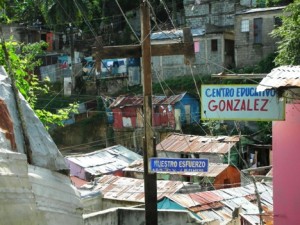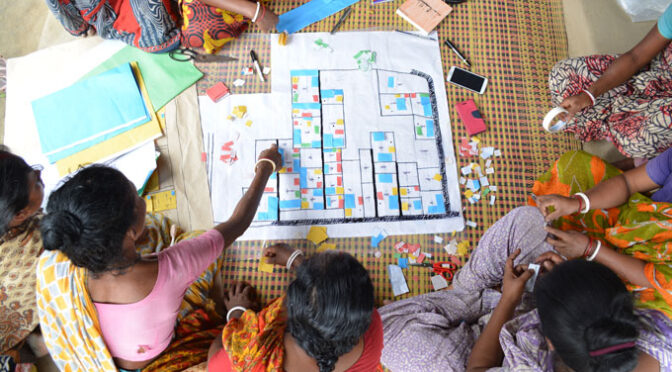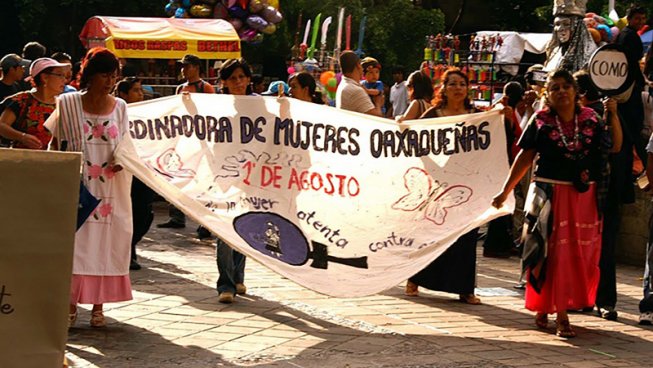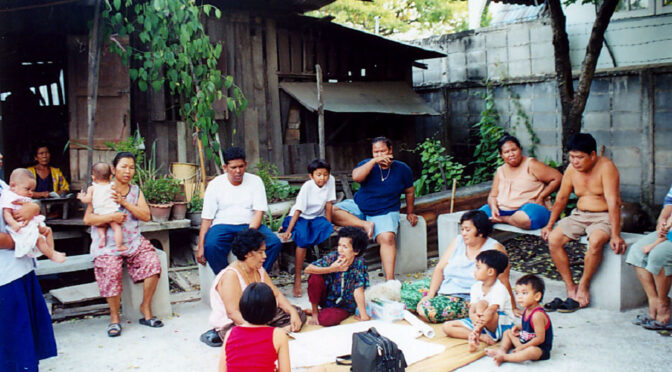This site is a project of the Graduate Program in Community and Regional Planning at the University of Texas School of Architecture.
We seek to illuminate the role of everyday urban planning practices in reproducing or challenging the multiple relations of power associated with urban development. We situate urban planning within the broader discourse of international development, examine the articulations between urban planning and the production of urban space, critically assess the role of planning in the (re)production of difference and subjectivities, and consider the emancipatory or disempowering impacts of knowledge production in urban planning. In so doing, we aim to develop a critical understanding of the principal themes, schools of thought, and theoretical debates in the contested and loosely defined field known as “international planning,” “international studies in planning,” or “international development planning.”

From the perspective of feminist and critical development studies, international planning practice is associated with the spread of global capital and western rationalities, producing particular subjectivities and cementing neocolonial forms of development. Post-colonial scholarship, meanwhile, suggests that international planning research should decenter the “West” and illuminate alternative planning rationalities, knowledges and practices, and in so doing, expand the definition of what constitutes “planning.”
The course is inspired by the critical contributions and readings provided by the students in the class, and also informed by Dr. Bjørn Sletto’s engaged scholarship focusing on indigenous cartographies and knowledge production in Venezuela and informality and participatory planning in the Dominican Republic.






